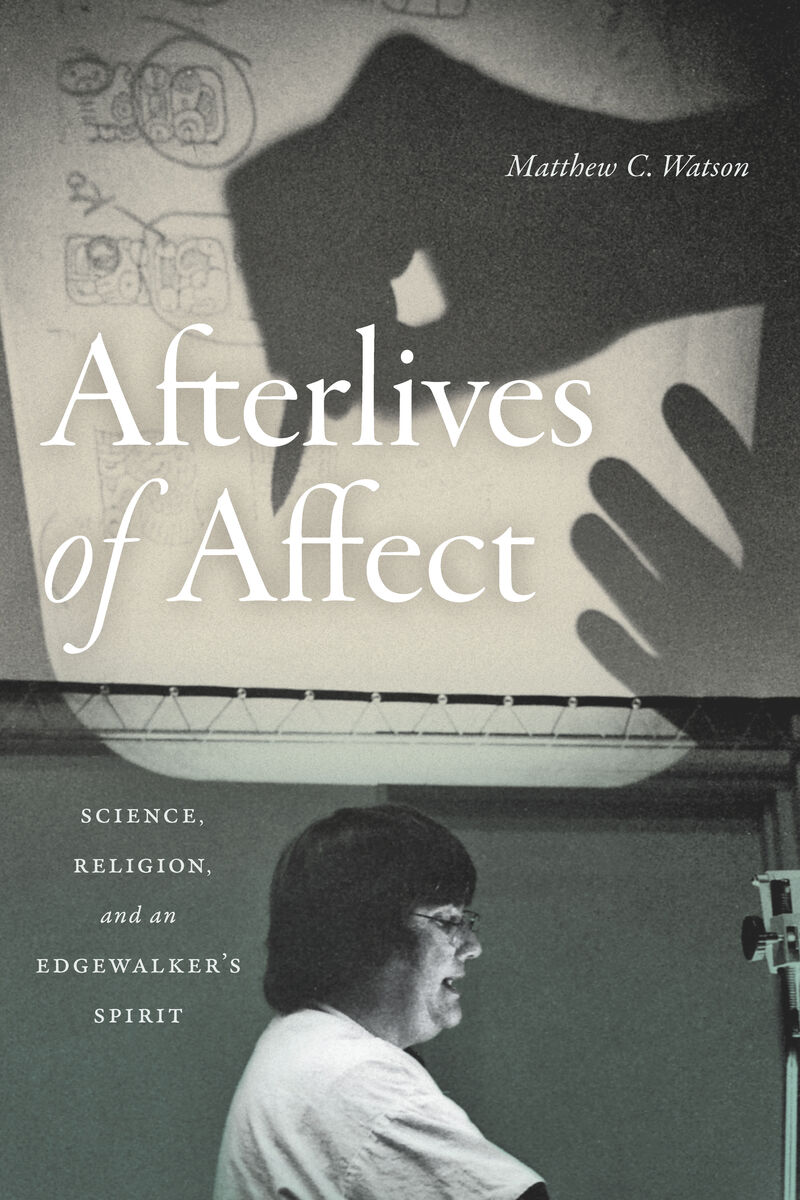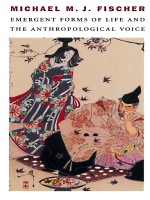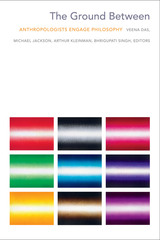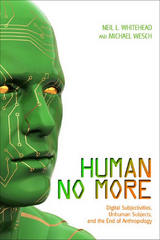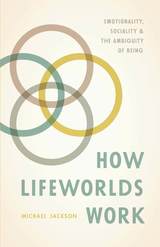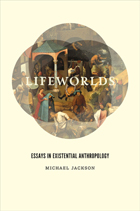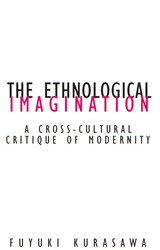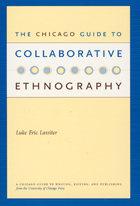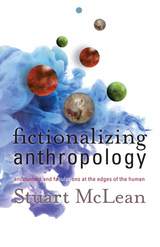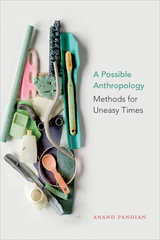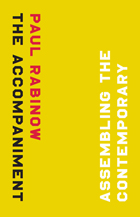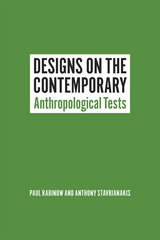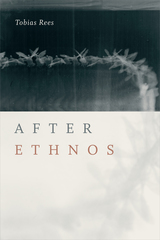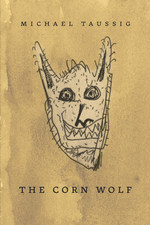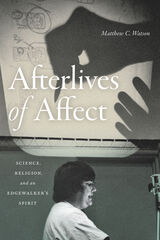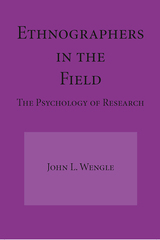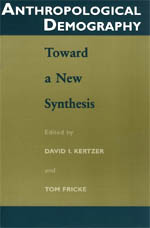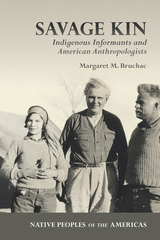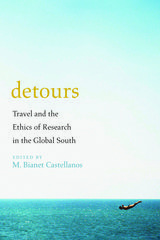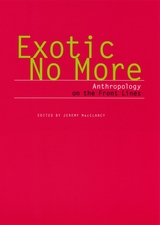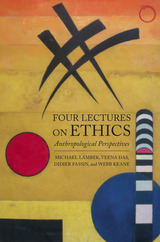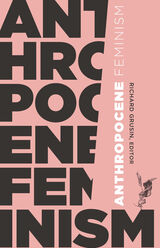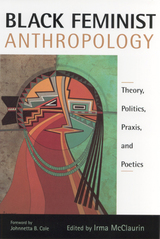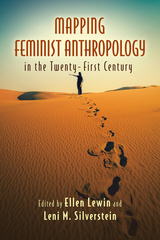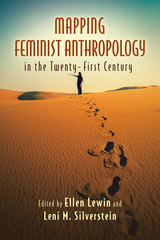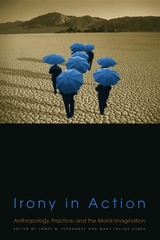Afterlives of Affect: Science, Religion, and an Edgewalker’s Spirit
Duke University Press, 2020
eISBN: 978-1-4780-1207-8 | Cloth: 978-1-4780-0797-5 | Paper: 978-1-4780-0843-9
Library of Congress Classification GN33.W36 2020
See other books on: Affect | Afterlives | Anthropological ethics | Anthropologists | Schele, Linda
See other titles from Duke University Press
eISBN: 978-1-4780-1207-8 | Cloth: 978-1-4780-0797-5 | Paper: 978-1-4780-0843-9
Library of Congress Classification GN33.W36 2020
ABOUT THIS BOOK | AUTHOR BIOGRAPHY | REVIEWS | TOC | REQUEST ACCESSIBLE FILE
ABOUT THIS BOOK
In Afterlives of Affect Matthew C. Watson considers the life and work of artist and Mayanist scholar Linda Schele (1942–98) as a point of departure for what he calls an excitable anthropology. As part of a small collective of scholars who devised the first compelling arguments that Maya hieroglyphs were a fully grammatical writing system, Schele popularized the decipherment of hieroglyphs by developing narratives of Maya politics and religion in popular books and public workshops. In this experimental, person-centered ethnography, Watson shows how Schele’s sense of joyous discovery and affective engagement with research led her to traverse and disrupt borders between religion, science, art, life, death, and history. While acknowledging critiques of Schele’s work and the idea of discovery more generally, Watson contends that affect and wonder should lie at the heart of any reflexive anthropology. With this singular examination of Schele and the community she built around herself and her work, Watson furthers debates on more-than-human worlds, spiritualism, modernity, science studies, affect theory, and the social conditions of knowledge production.
See other books on: Affect | Afterlives | Anthropological ethics | Anthropologists | Schele, Linda
See other titles from Duke University Press
